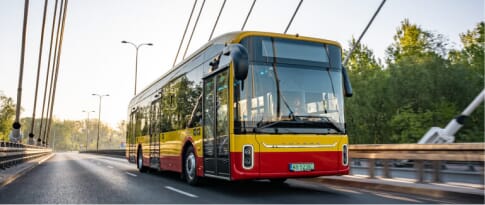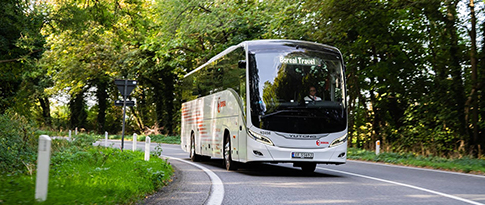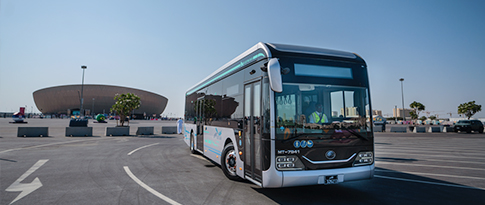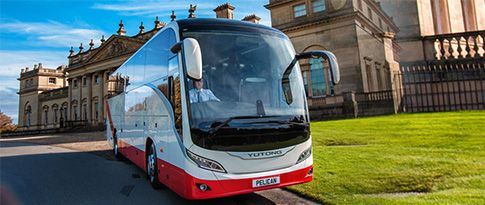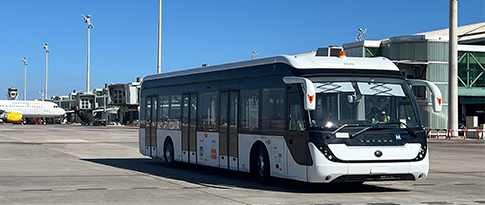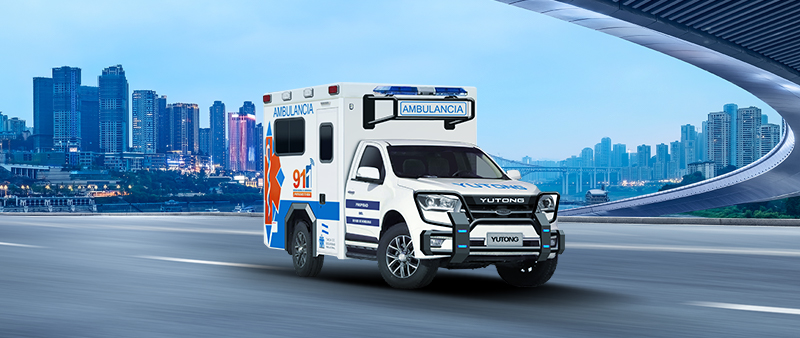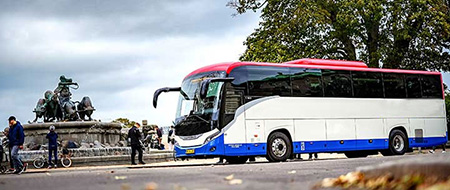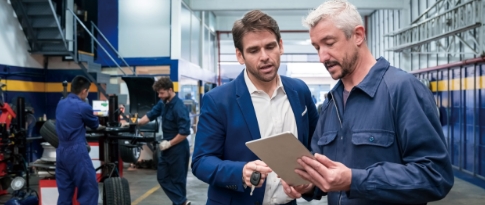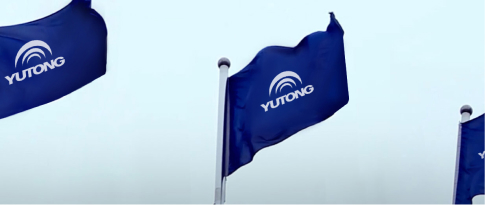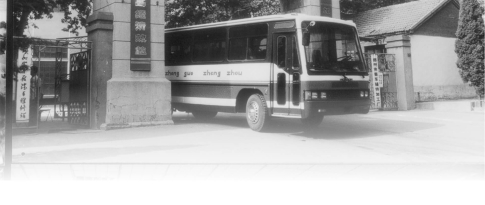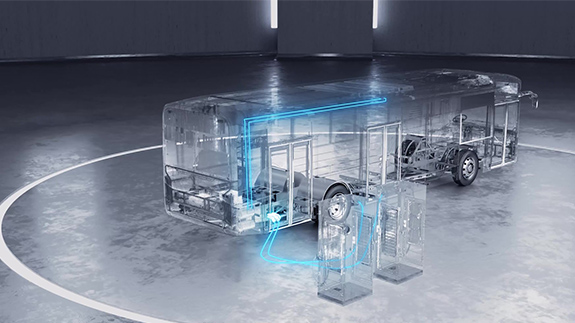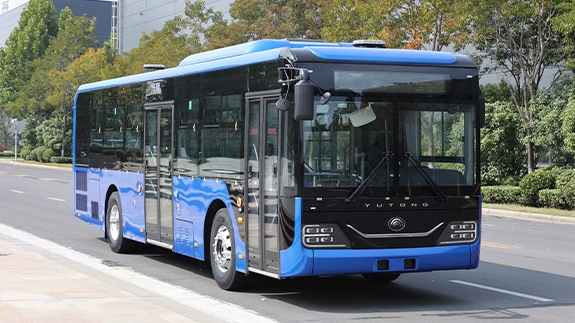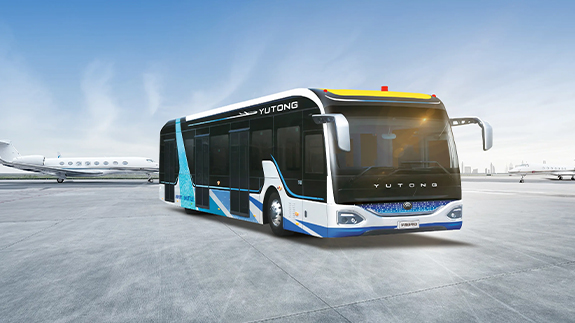How Yutong’s Ultra-Efficient Dual-Gun Charging Upgrade Electric Bus Charging Experience
Electric buses have taken the concept of green mobility to new heights. However, their success largely depends on their charging efficiencies, as buses that can be charged quickly and safely have longer effective operating times and higher fleet efficiency. This improved performance eventually translates into more monetary profits for the bus companies while giving passengers much-needed peace of mind. While the electric bus technology has made unprecedented progress in recent times, some significant challenges, including the poor electric bus charging facilities, continue to hinder the growth of electric buses.
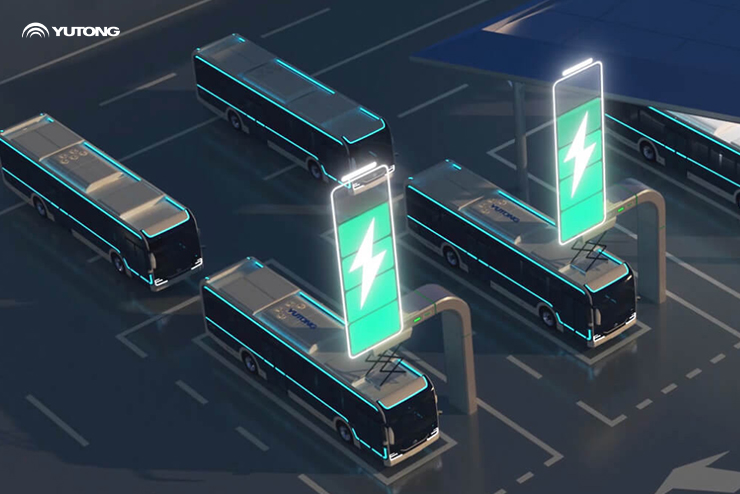
Challenges of Current Electric Bus Charging
1. Charging Speed
Slow charging speeds can directly affect the operational efficiency and financial performance of electric bus operators. Extended charging times mean reduced effective operating hours, thereby decreasing the number of passengers they can transport within a given time frame. Slow charging can also make scheduling and dispatching of electric buses more complicated. To ensure that buses arrive at various stops on time, companies may need to add more buses and drivers to make up for the delays caused by charging times, which further increases operational costs. In addition, slow charging can boost electricity expenses, especially during peak hours.
Despite significant advances in electric bus charging technology in recent years, the charging time for electric buses is still relatively long compared to the refueling convenience of diesel buses. One reason is that many existing charging stations may not have enough power to provide fast charging for electric buses, which limits the charging speed. Another factor is that during fast charging, the battery generates a significant amount of heat, which can affect the charging speed, thus an effective thermal management system is required to prevent overheating.
2. Charging Safety
Another major obstacle in modern electric bus charging is the inability to guarantee the safety, quality, and prompt maintenance and repair of charging infrastructure. Not all charging guns or connectors are capable enough to safely charge electric buses, which can result in financial repercussions as well as the loss of lives.
If the charging connector overheats during charging, it may cause the charging gun and socket to stick together, affecting the charging rate and the next charging session. If the overheating lasts and the temperature protection fails, it may lead to the ablation of the charging gun/socket, and even cause a fire. Poor charging equipment performance, lack of protective functions, or inadequate maintenance can also result in shortened equipment lifespan, increased safety hazards, and decreased charging efficiency.
3. Scalability Limitations
The construction of charging facilities for electric buses needs to match the number of buses and usage demand. This requires cooperation and coordination among various parties, including the government, charging facility operators, and power companies.
However, in practical operations, due to different interests, there are conflicts of interest, making it difficult to expand the scale of charging facilities. This places additional pressure on the existing charging facilities for electric buses.
Furthermore, electric buses of different brands may adopt different charging interfaces and communication protocols, leading to compatibility issues among charging equipment. The lack of a unified charging standard not only increases the complexity and cost of charging facilities but also limits the rapid charging capability and operational efficiency of electric buses.
Detailed Explanation of Yutong's Dual-Gun Fast-Charging Technology
While the current electric vehicle charging system is frustrating with all the above problems to a large extent, Yutong’s dual-gun fast charging technology offers a perfect solution. Here is how:
1. Yutong Dual-Gun Charging Technology
(1)Charging Speed
Yutong has launched a 600A independent natural cooling dual-gun charging system. Compared with the common European standard single-gun 200A and Chinese standard single-gun 250A charging in the industry, it can fully utilize the existing charging facility resources. The system allows two charging guns to be used at the same time, and the charging rate is increased by at least 1 time, which greatly shortens the time required for full charge and greatly improves the efficiency of short-term energy replenishment. Currently, most battery systems can be fully charged within 1 hour, ensuring that buses can be operated at any time of the day without unnecessary delays.
(2)Charging Safety
Ultrasonic welding is used to ensure low impedance at the termination of high-voltage charging link, and can ensure the performance consistency and product reliability of charging connector. This method strengthens electrical connections and enhances the durability of the system, thereby preventing issues like overheating, avoiding equipment damage or safety hazards, and making the charging process safer.
(3)Scalability
The modular design offers flexibility for future demand development.
Operators can quickly expand from dual-gun setups to three or even four independent charging guns as fleet sizes grow. This adaptability makes the electric bus charging system a future-proof solution without requiring major infrastructure changes.
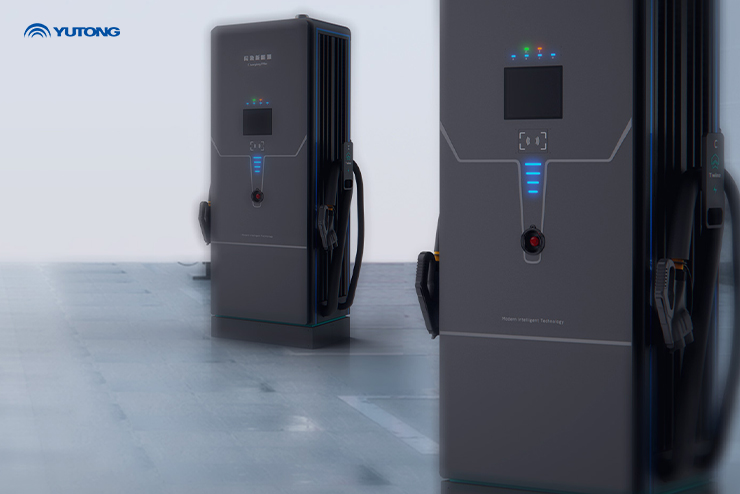
2. Liquid Cooling Ultra-Fast Charging Technology
The liquid cooling ultra-fast charging technology further enhances the appeal of Yutong dual-gun fast-charging.
(1)Charging Speed
The liquid cooling ultra-fast charging pushes the fast charging limits to megawatt-level. This ultra-fast system ensures that even larger buses can be charged quickly. Furthermore, the independent dual-gun setup allows for any combination of guns to be used simultaneously, which improves the charging flexibility and boosts the overall efficiency of the system. Moreover, the charging gun cables are lighter and thinner, making it more convenient to operate.
(2)Charging Safety
In terms of safety, the electric bus charging system consists of dual-circuit independent cooling, which uses liquid cooling channels that reach deep into the charging pins. This advanced cooling method effectively manages heat dissipation and reduces the risk of overheating.
Application Scenarios of Yutong’s Ultra-Efficient Energy Replenishment Technology
Yutong's advanced electric bus charging technology is well-suited for a range of application scenarios that enhance efficiency and safety across various operational environments.
Whether it's for bustling urban public transportation or long-distance coaches in remote areas, the technology can meet the demand for rapid charging. Even during peak demand periods, the dual-gun system can charge multiple buses simultaneously, enabling more efficient energy replenishment. Its scalability also means that operators can gradually expand their fleet size without worrying about infrastructure limitations.
The application of Yutong fast charging technology not only boosts charging efficiency but also strengthens charging safety and scalability, demonstrating the technological advancement of Yutong buses in the electric vehicle sector.
Conclusion
Yutong's advanced electric bus charging technology provides a perfect solution for the pressing challenges of e-bus operations. With its dual-gun fast charging system, Yutong exponentially improves charging speed and allows electric buses to remain on the roads. The incorporation of low-impedance termination technology for charging connectors enhances safety, while the modular design allows for seamless expansion as fleets grow. In addition, the use of liquid cooling ultra-fasting charging technology not only accelerates the charging process further but also ensures optimal safety through efficient heat dissipation.
For public transportation operators and urban planners, it's time to revolutionize your transit system with Yutong’s advanced electric bus charging technology. Get Started Now: Schedule a consultation to discover how our electric bus charging solutions can be customized for your transit needs, thus realize maximizing efficiency and optimizing operations.
Previous Industry-insights
Subscribe Now
Get updates you care about.
Submit
